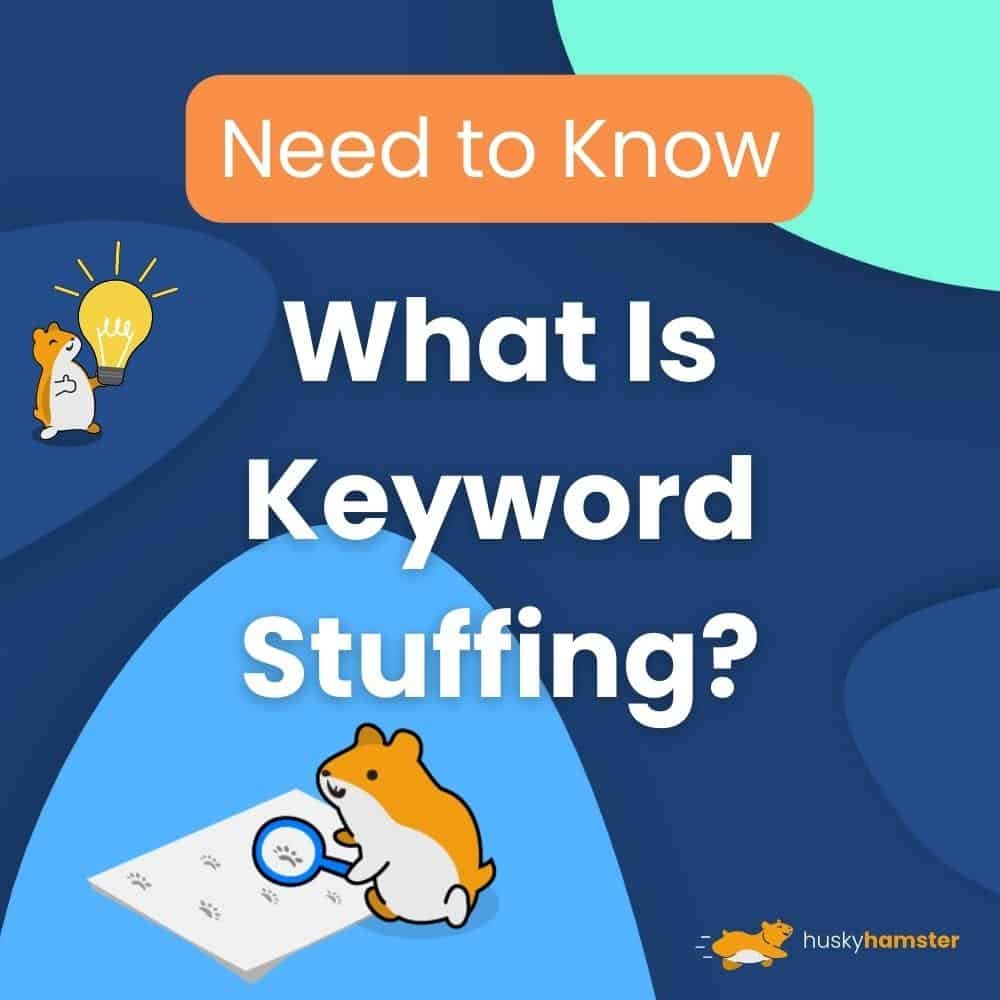If you’re trying to rank higher on Google, using keywords is important. But overloading your content with too many keywords—also known as keyword stuffing—can actually hurt your SEO instead of helping it. Google’s algorithms are smarter than ever, and they can easily detect when a page is forcing keywords unnaturally. Let’s dive into why keyword stuffing is bad for SEO and how to avoid it.
What is Keyword Stuffing?
Keyword stuffing is when a webpage is overloaded with repetitive keywords in an attempt to manipulate search rankings. It can happen in different ways, such as:
- Repeating the same keyword multiple times in an unnatural way
- Forcing keywords where they don’t fit within the content
- Hiding keywords in white text or behind images
For example, if your article is about “best running shoes,” keyword stuffing might look like this:
“Looking for the best running shoes? Our best running shoes are the best for runners who need the best running shoes for long runs. Buy the best running shoes today!”
This does not sound natural, and Google knows it.

How Keyword Stuffing Hurts SEO
1. Google Penalizes Keyword Stuffing
Google’s algorithms, like Panda and BERT, are designed to detect and punish sites that use keyword stuffing. Instead of ranking higher, your page may drop in rankings or even be removed from search results.
2. Poor User Experience
When content is stuffed with keywords, it becomes difficult to read. Visitors will quickly leave your site if they find the text unnatural or repetitive, increasing your bounce rate and signaling to Google that your content is low-quality.
3. Lower Trust and Credibility
Keyword stuffing makes your site look spammy and unprofessional. Visitors are less likely to trust a website that feels like it’s trying too hard to rank rather than providing useful information.
4. Missed Opportunities for Natural SEO
When you focus too much on keyword repetition, you miss out on using related terms and natural language. Google favors content that sounds human and provides value to readers rather than just trying to rank.
How to Avoid Keyword Stuffing and Improve SEO
1. Use Keywords Naturally
Instead of forcing a keyword in every sentence, use it where it fits naturally. A good rule of thumb is to aim for 2-5% keyword density, meaning your keyword should appear naturally within the flow of the content.
2. Use Synonyms and Related Terms
Google understands synonyms and related words. Instead of repeating the same keyword, use LSI (Latent Semantic Indexing) keywords. For example, if your focus keyword is “running shoes,” you can also use terms like jogging sneakers, athletic footwear, or sports shoes.
3. Write for Readers, Not Just Search Engines
Focus on writing engaging, high-quality content that answers user questions. If your content is helpful and informative, it will rank better without needing excessive keywords.
4. Optimize Other SEO Elements
Instead of stuffing keywords in the text, distribute them across:
- Title tags and meta descriptions
- Image alt texts
- Header tags (H1, H2, H3)
- Internal and external links
Final Thoughts
Keyword stuffing used to work in the early days of SEO, but today, it does more harm than good. Google prioritizes high-quality, user-friendly content, and stuffing your page with keywords will only hurt your rankings. Instead, focus on natural, well-written content that provides value to your readers.
If you need expert SEO optimization, check out Social Media Max for proven strategies that drive results.
